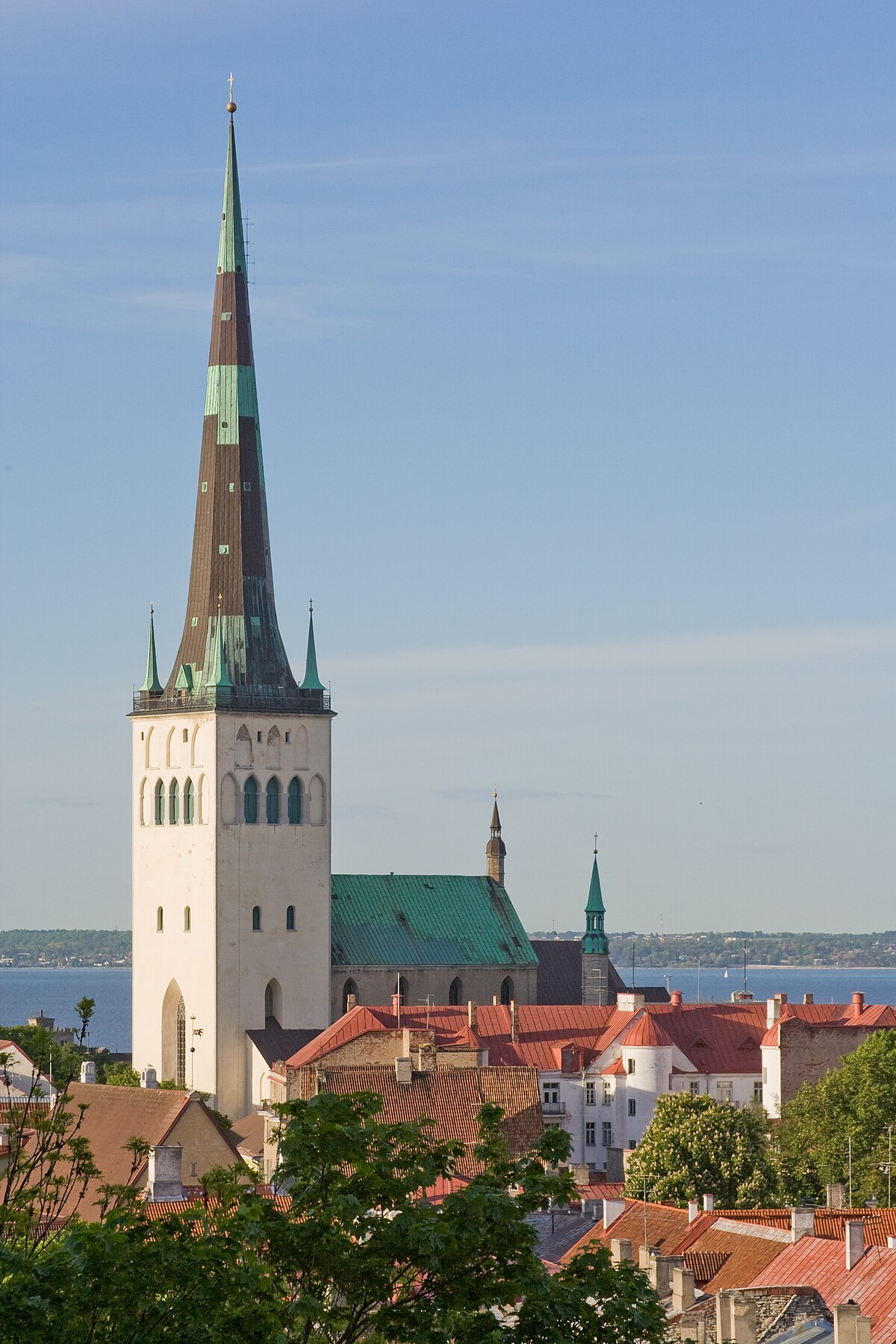At the end of World War I, the Baltic Germans made an attempt to establish their own state, the United Baltic Duchy. This Wikipedia article gives the following description:
How viable would this United Baltic Duchy have been if Germany had won World War I? Three possible scenarios that come to mind:
Or are there other possibilities?

As a parallel political movement under the German military administration, Baltic Germans began forming provincial councils between September 1917 and March 1918.
On 8 March 1918, the local Baltic German-dominated Kurländischer Landesrat declared the restoration of Duchy of Courland (Herzogtum Kurland), which was formally recognised by Kaiser Wilhelm on 15 March 1918.
On 12 April 1918, a Provincial Assembly (Vereinigter Landesrat), composed of 35 Baltic Germans, 13 Estonians, and 11 Latvians, passed a resolution calling upon the German Emperor to recognise the Baltic provinces as a monarchy and to make them a German protectorate.[7]
The United Baltic Duchy was nominally recognised as a sovereign state by Wilhelm II only on 22 September 1918,[citation needed] half a year after Soviet Russia had formally relinquished all authority over former Russian Imperial Baltic governorates to Germany in the Treaty of Brest-Litovsk. On 5 November 1918, a temporary Regency Council (Regentschaftsrat) for the new state, led by Baron Adolf Pilar von Pilchau, was formed on a joint basis from both local Land Councils.
The new state was to have its capital in Riga and was to be a confederation of seven cantons: Kurland (Courland), Riga, Lettgallen (Latgale), Südlivland (South Livonia), Nordlivland (North Livonia), Ösel (Saaremaa) and Estland (Estonia), the first four cantons correspondings to today's Latvia and the last three corresponding to today's Estonia.
The first head of state of the United Baltic Duchy was to be Duke Adolf Friedrich of Mecklenburg, not as a sovereign monarch, but as a subordinate to the German Kaiser, similar to other princes or kings of the German Empire. However, Adolf Friedrich never assumed office. The appointed Regency Council, consisting of four Baltic Germans, three Estonians and three Latvians, functioned until 28 November 1918 without any international recognition except from Germany.
In October 1918, the Chancellor of Germany, Prince Maximilian of Baden, proposed to have the military administration in the Baltic replaced by civilian authority. The new policy was stated in a telegram from the German Foreign Office to the military administration of the Baltic: "The government of the Reich is unanimous in respect of the fundamental change in our policy towards the Baltic countries, namely that in the first instance policy is to be made with the Baltic peoples".[5]
How viable would this United Baltic Duchy have been if Germany had won World War I? Three possible scenarios that come to mind:
- Not at all. Estonians and Latvians will not accept German domination. A civil war breaks out resulting in the creation of the separate republics of Estonia and Latvia.
- For a while. But after a few decades, when the local population develops more, the Estonians and Latvians will claim their rights and the UBD will still be split.
- Very successful. The UBD develops into a democratic state with a multilingual population. German remains the higher cultural language, in addition to local languages such as Estonian and Latvian.
Or are there other possibilities?
Last edited:

